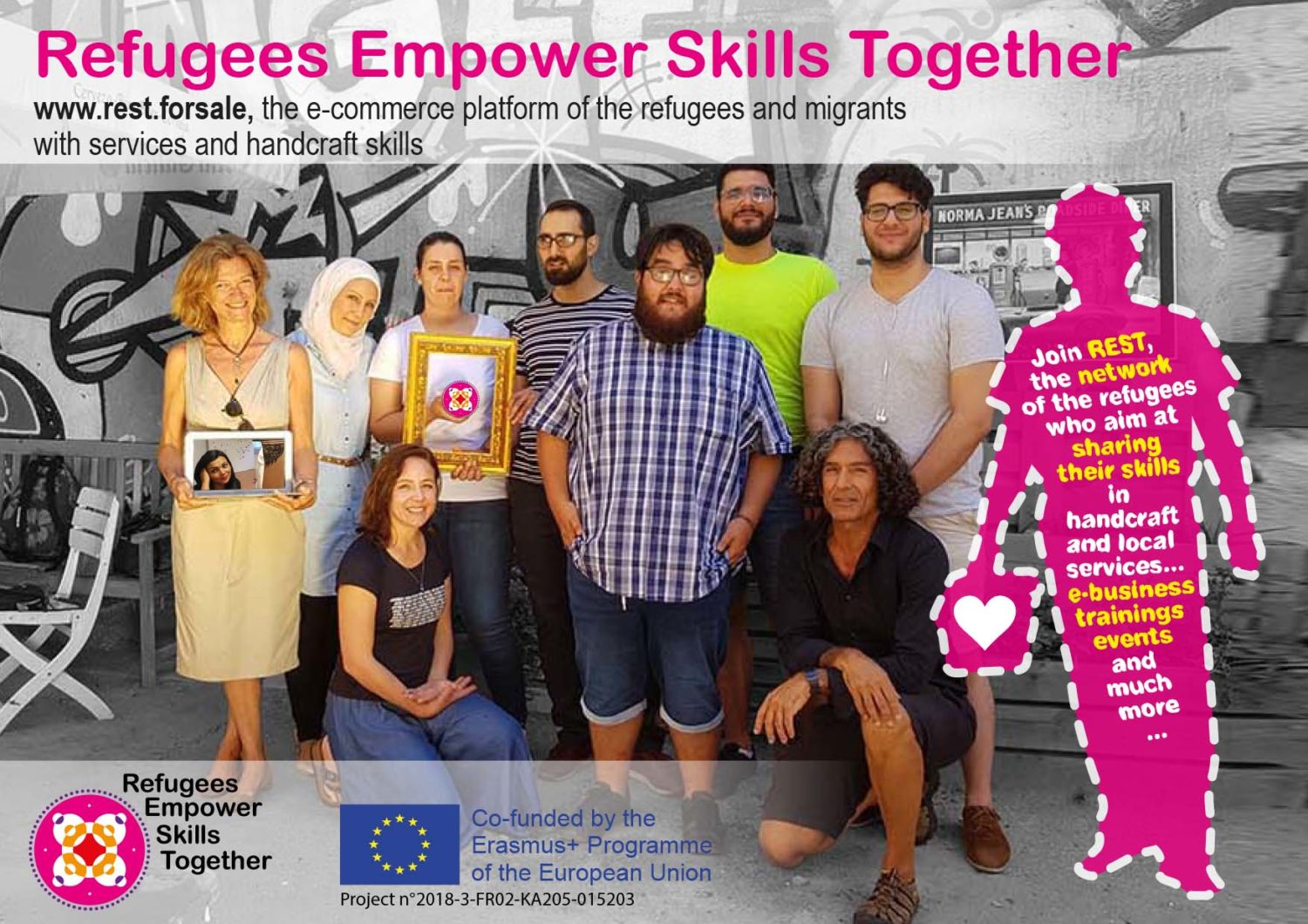https://iet.open.ac.uk/spotlights/1
Contemporary education puts the onus on learners to be more self-directed in their approach and attitude to learning. They should be able to identify their own learning needs and select resources and strategies to achieve their goals. Those who have only experienced conventional classroom-based education may be used to relying heavily on teachers and provided materials, but self-directed learners can take advantage of a tremendous range of digital tools and social networks to extend their skills, knowledge and understanding. Across the World, increasing numbers of migrants and refugees find themselves in situations where the ability to define their own learning goals is likely to help them take advantage of online or mobile resources and networks to pursue their education. As Demmans Epp has argued, “migrants need to learn how to monitor and regulate their learning” Digital tools such as smartphones can help them move in that direction. The MASELTOV project had these mobile populations in mind when the team developed a prototype suite of smartphone services and tools aimed specifically at recent immigrants to Europe. Accessed through a single app, the services and tools were designed to provide support for activities such as obtaining specific information (e.g. relating to health), language lessons, translation, cultural learning, navigation around a city, acting on recommendations, and social interaction in a forum or with volunteers. The development of such innovative tools benefits our broader understanding of what it means to learn in informal environments, while travelling, walking about, visiting a health centre and so on. Everyday environments are increasing, also places where learners get on with their formal learning, for example when they meet in a café in town and use their laptops, tablets or mobile phones to collaborate on a task.
